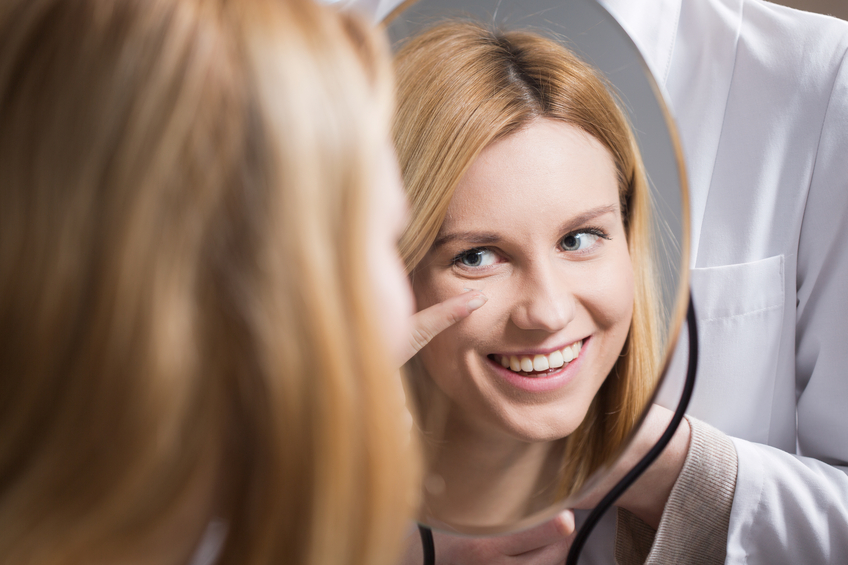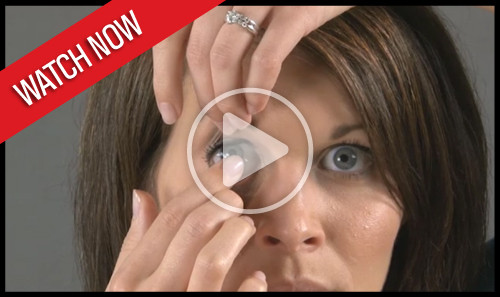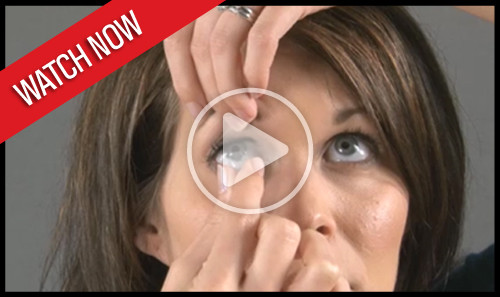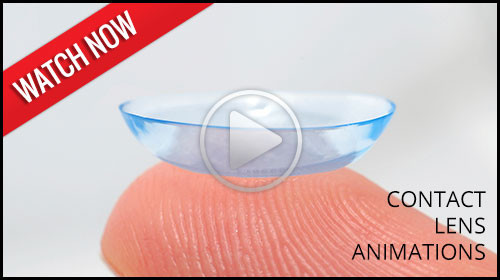Few things affect the quality of your life more than your eyes--never put them at risk. Contact lenses are prescription medical devices. Please follow these guidelines or the instructions recommended by your doctor in order to minimize the risk of contact lens related complications.
Warning: Ocular complications and/or long-term corneal damage may result from contact lenses worn longer than recommended. Oftentimes, your lenses will still feel fine even when you are over-wearing them. Do not wear your lenses overnight or nap with them for short periods of time. Failure to follow cleaning and wearing instructions puts contact lens wearers at higher risk of infection or permanent vision loss.
Wearing Schedule
It may take at least a few days for your eyes to get used to wearing contact lenses. The best way to ensure maximum visual comfort and keep your eyes healthy is to adhere to this wearing schedule.
| Day | Soft Lenses |
|---|---|
| 1 | 4 hours |
| 2 | 5 hours |
| 3 | 6 hours |
| 4 | 7 hours |
| 5 | 8 hours |
- DON’T Wear your lenses longer than 8 hours a day until your first follow-up visit with your doctor, unless the doctor has specifically told you otherwise.
- DON’T Continue use of contact lenses if your eyes become red, irritated, painful, or if your vision gets worse while wearing lenses. Immediately take out the lenses and clean them. If your eyes don't quickly improve, contact our office.
- DON’T Extend the use of your contacts beyond their intended usage time for any reason, even if your lenses still feel comfortable. This can result in damage to your eyes and your vision.
- DON'T Sleep in your contacts - this can harm your eyes.
- DON'T Rub your eyes while wearing your contacts.
- DON'T Wear your contacts around a swimming pool unless the doctor has given you permission to do so.
- DO Replace the solution in your contact lens case daily (if applicable to lens type). DON'T Mix solutions or change to a different brand without asking the doctor. DON'T Use tap water or saliva to moisten lenses.
- DO always remove your contact lenses at least one hour before going to bed to allow for proper oxygen nourishment to the cornea.
- DO schedule and keep follow-up appointments with your eye doctor.
- DO wear your contact lenses for at least 4 hours the day of your follow-up appointment unless you are experiencing discomfort.
Caring For Your Contacts
Deposits and infectious organisms, such as bacteria and viruses, can build up on the surface of all contact lenses. For this reason, it is very important to keep them clean and disinfected.
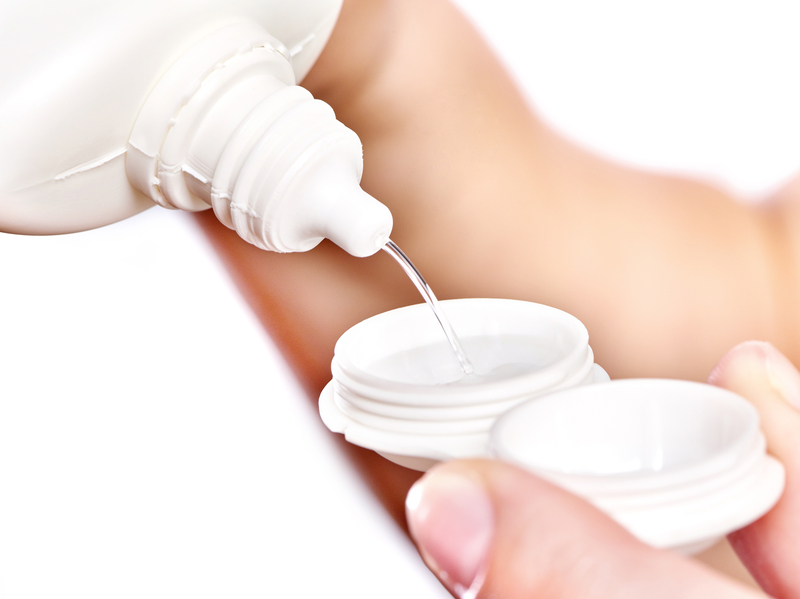 There are three steps in contact lens care--follow the care prescribed for your lenses:
There are three steps in contact lens care--follow the care prescribed for your lenses:
- Cleaning removes dirt, mucous, and other debris that gets on the lenses during wear.
- Disinfecting kills bacteria (germs) on the lenses. Disinfecting is essential to prevent serious eye infections.
- Rinsing removes the other solutions from the lenses and prepares the lenses for wear.
The best way to properly care for your lenses is to develop a care routine, then stick to that routine!
Remember to:
- Follow the directions outlined by your eye doctor.
- Multi-purpose solutions can be used for more than one step in contact lens care. Read the label to see which functions your solutions can be used for.
- Many solutions can not be used together, and not all solutions are appropriate for all types of lenses. Only use solutions recommended by your eye doctor, and check with your eye doctor if you want to switch brands.
- When you remove your lenses, they must be cleaned, rinsed, and disinfected before they are worn again.
- Lenses that have been stored for more than 12 hours may need to be cleaned, disinfected, and rinsed again.
- Make sure solution containers are kept closed tightly, stored upright, and kept in a clean, dry, cool place when you are not using them. Keep your case clean and replace it every 2-3 months to prevent bacterial growth.
- Don’t touch container bottle tips to any surface to prevent them from becoming contaminated.
- Only use approved rewetting drops for lubricating or wetting your lenses. Never place the lenses in your mouth.
- Be careful with makeup, lotions, creams and sprays--consider putting on lenses before makeup and remove them before removing makeup. Water-based makeup is less likely to damage lenses than oil-based makeup.
Here’s what you need to watch for: redness, blurriness, light sensitivity. Remove your lenses if you are experiencing any of these 3 things. If your eyes have not returned to normal after 24 hours, please contact our office. If you have any change in vision, comfort, or irritation, immediately remove your lenses. If there is no improvement within a couple of hours, please contact our office.

